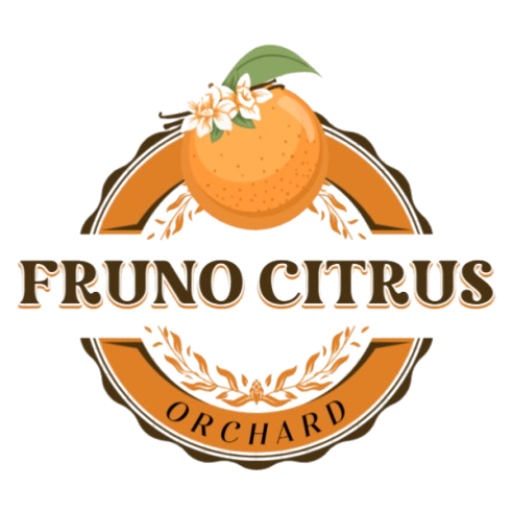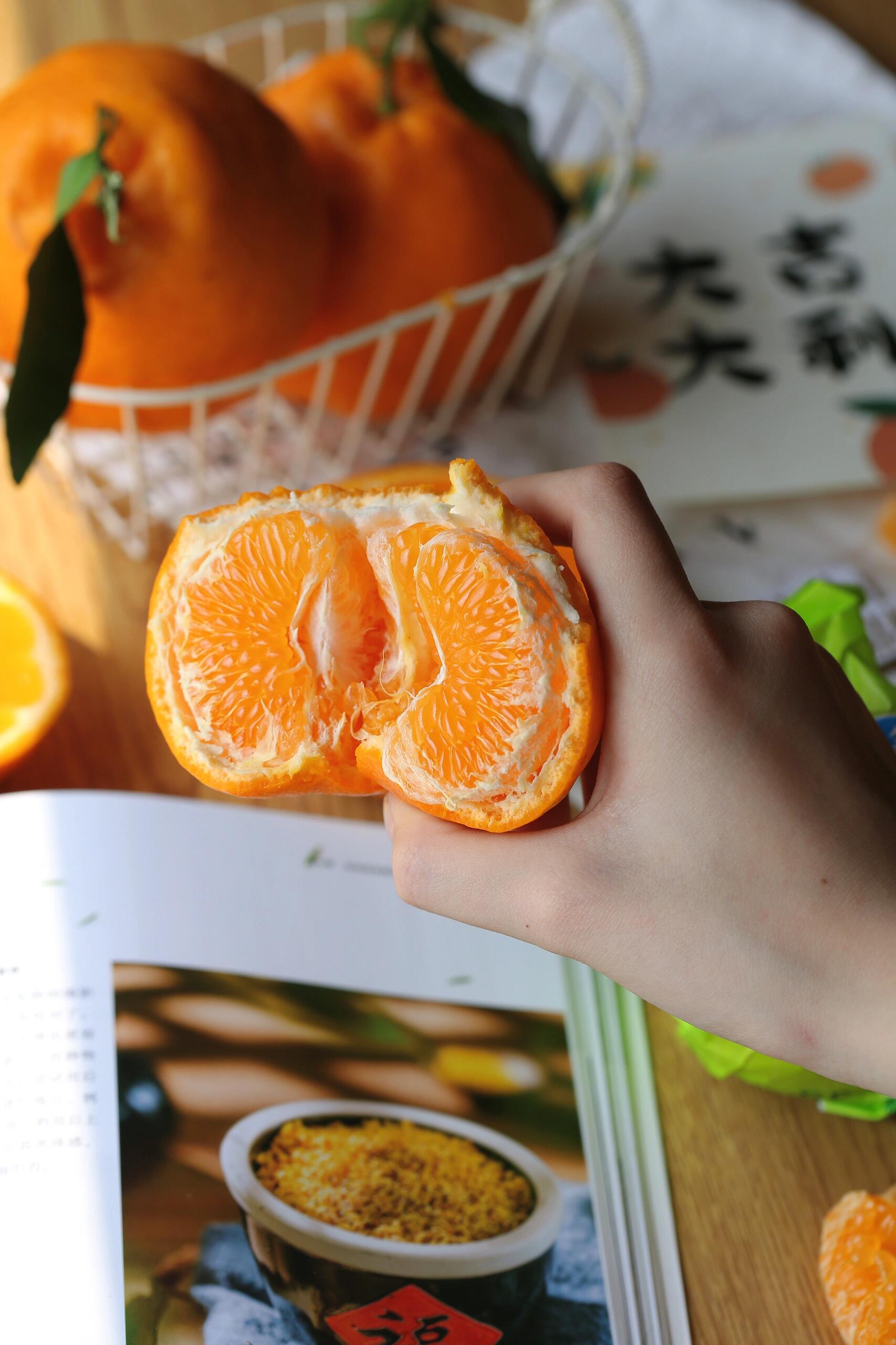Cold Chain Logistics: Extending Papagan Mandarin’s Export Shelf Life
Why Cold Chain Matters for Papagan Mandarin
The Papagan Mandarin is sensitive to temperature fluctuations during transport:
-
Without cooling, fruit loses moisture, leading to shriveling and reduced juiciness.
-
Excessive cold risks peel pitting and chilling injury.
-
Fluctuating conditions create favorable environments for mold and decay.
Thus, precision in cold chain management—from orchard pre-cooling to retail storage—determines market success.
| Cold Chain Stage | Optimal Temperature (°C) | Key Objective |
|---|---|---|
| Pre-cooling | 5–6 | Remove field heat quickly |
| Cold Storage | 4–5 | Slow respiration and delay ripening |
| Transport | 4–6 | Maintain constant quality |
| Retail Display | 6–8 | Preserve flavor and appearance |
Cold Chain Technologies in China’s Citrus Industry
1. Pre-Cooling Facilities
Immediately after harvest, Papagan Mandarins are cooled within 4–6 hours. Forced-air pre-cooling ensures uniform temperature reduction, extending freshness by 7–10 days.
2. Modified Atmosphere (MA) Containers
By adjusting oxygen (O₂) and carbon dioxide (CO₂) levels, respiration rates are slowed, effectively “pausing” the fruit’s biological clock during long voyages.
3. Real-Time Temperature Tracking
GPS-enabled reefer containers allow exporters to monitor shipments remotely. Any deviation triggers alerts for corrective action.
4. Shock-Absorbing Pallets
Reduces vibration and bruising during sea transport, preserving fruit integrity.
Case Study: Chengdu to Dubai Export Route
In 2024, a Sichuan-based exporter trialed two shipment methods for Sichuan Papagan:
-
Traditional Containers: Arrival quality was 78%, with significant water loss.
-
MA Reefer Containers: Arrival quality exceeded 95%, with only 3% decay.
| Shipment Type | Duration (Days) | Marketable Quality | Loss Percentage |
|---|---|---|---|
| Traditional Container | 18 | 78% | 12% |
| MA Reefer Container | 18 | 95% | 3% |
This case highlights the critical role of cold chain innovations in preserving Papagan Mandarin export quality.

Consumer and Market Impacts
-
Middle East Markets: High demand during Ramadan and New Year festivities. Exporters using MA containers achieved higher wholesale prices.
-
Southeast Asia: Supermarkets value consistency; cold chain guarantees consumer satisfaction.
-
European Buyers: Require full cold chain certification and traceability before approving imports.
In blind taste panels, consumers rated properly handled Papagan Mandarins nearly equal to premium Shiranui mandarins, despite a 25% lower retail price.
Challenges and Opportunities
Challenges
-
High investment in cold chain infrastructure.
-
Energy-intensive cooling systems raise costs.
-
Logistics coordination across multiple stages remains complex.
Opportunities
-
Government subsidies in China support cold chain modernization.
-
Exporters leveraging blockchain traceability build consumer trust.
-
Collaboration with international logistics companies opens new markets.

